The day was hot, as usual. Amelia had seen Travis off, riding out with the hands at first light, when there had been an edge of cool in the air and the sand had not yet begun to gather in spirals to rise on the wind. She had set Wha-Not-Tay to boiling water for the laundry and the girl had done so, humming her tuneless songs.
She stripped the linens from the bed, bending carefully, allowing her weight to shift, then she shook the crazy quilt vigorously and pounded the feather pillows. She bundled the sheets in her arms and carried them out to the washhouse, a lean-to shelter that blocked the sun, and Wha-Not-Tay pushed them under the grey suds with a stick. Amelia spoke each word carefully.
“Let those soak for a time, then put them in the other tub.”
She tried to see if Wah-Not-Tay understood her, but that was a mystery. The girl just nodded her head slowly and smiled. Amelia went back to the house, scrubbed the kitchen table then put the beans into a pot and covered them with water. The fire in the stove was crackling and Travis had brought in plenty of wood before he left. She cut the last of the ham from the bone, covered it with a bowl and set it aside, then lowered the bone into the beans, burying it under them. She cleaned her hands of ham fat as best she could, then went out to the washhouse, to check on Wah-Not-Tay. The girl had done as she was told and Amelia praised her.
“Very good. I’ll come back soon and help you hang them. Very good, Wha-Not-Tay.”
Again, the absent smile. She walked back to the house to sweep the day’s dust away. Or was it yesterday’s? All the same, all the same. At least there were only the three rooms to tend. Travis had said that he would build on another room when the time came to do so. The hands would help and folks from the Church could be counted on to pitch in when there was a need. That chore done, she sat down at the table to rest.
She rubbed her hands together and they smelled of ham. She rested there, thinking random thoughts, then after a while got up to poke at the beans, then she sat down again to do the mending. Her chemise was wearing thin and there was nowhere to get another like it. The fragile silk had frayed at the edges and she had to catch it up thread by thread. She would put it away until after. She sewed three new buttons on Travis’s shirt, and then turned to her embroidery, which always relaxed her mind. Bright flowers began to form on the pillowcase edge.
Time to go help hang the laundry. She walked outside into the heat, which pressed down on her like a huge hand. The sand glittered in the strong light like precious jewels and the air was fragrant with the odor of crushed sage. Always so much to do, she thought wearily. All her life someone else had done the laundry and she had never given it a thought. Wha-Not-Tay was standing by the washhouse, looking up at the clouds as if they would tell her something. Amelia went in to find the laundry still in the rinse water.
“Wah-Not-Tay, come.”
The girl ambled in. Together, they took the dripping sheets out into the yard and wrung them, water droplets falling into the sand, making round holes. At once, ants appeared to get what they could, rushing in by twos and threes, then in a line, large black ants, almost visibly thirsty. Parched, Amelia thought, deprived. All everywhere was dry, dry. She pitied them and watched them scurry. They didn’t come in the house, thank the dear Lord. There was nothing there for them.
Now they stretched the sheets and pillowcases on the sagging clothesline, the rope cord held up in the center by a piece of notched lumber. In the sun, they would dry so fast, she could stand there and wait for those few minutes, but she did not. The women now carried the washtubs a short distance and dumped the soapy water into the ditch. The tubs went back on their stands and that was done. Tomorrow the clothes.
Strangely, the clothes did not get as soiled as she always expected. It was too arid to perspire, the soft dust brushed away and the sand left nothing behind. She washed the sheets anyway. She had always loved clean sheets. For all that, everything here was strange. It was like living on the moon. The women walked back to the house and inside. Amelia poured them cups of water from the jar and they drank that, then sat on the settee in the main room beside the window, to catch the light. She would not allow Wah-Not-Tay to sit on the floor and the girl, after a time, had accepted this.
She was teaching Amelia how to make moccasins. They had cut the soft deerskin and Wah-Not-Tay had shown how it should be folded, her dark eyes peering into Amelia’s face to see if she saw what was required. Amelia nodded and they went on, piecing them together with looping stitches, then they had run a strip of leather under the fold of one to tighten it and make it fit. She wanted to give them to Travis as a gift.
Next, they would do the beading. Wah-Not-Tay had a pouch of gaily colored beads she had traded for. She must find some way to pay her. Perhaps she would accept an extra coin or two. Surely, she would appreciate that, although Amelia knew she preferred to trade. Wah-Not-Tay did not quite comprehend the value of a coin.
She got up again to tend the beans and put the meat in, stirred it around and moved the pot a little off the heat. She added a few small logs to the fire to keep it going, although by now the kitchen was as scorching as Hades, and went back to Wah-Not-Tay, who had moved to the second shoe. They worked on, then the women went back out to get the dried linens, searing to the touch, and together they made the bed. She felt flushed, got her ivory fan and fanned herself. They sat down again and the girl looked longingly at the fan. Amelia briefly thought that perhaps she would give her that in payment, but how could she bear to part with it?
She had less and less of her old life. She would have to think about it. No, the coins would do. The second moccasin was finished, and obeying her own clock, Wah-Not-Tay got up, rolled the remaining scrap of deerskin and walked out, leaving the shoes. Amelia always found this disconcerting, but let her go without a goodbye. Indians didn’t say goodbye, Travis had told her. When they decided, they just went.
She put the shoes away and walked back to the kitchen, the afternoon sun doing its best to roast the world, opened the cupboard to get the salt box and was startled. Black legs protruded from behind either side of the box, the insect caught in the sudden light, stock still, waiting, ominous. She gasped and stepped back. She had nothing to kill it with, there was nothing to do, nowhere to go, she was helpless. Tears rose in her throat, she felt panic and despair as she collapsed onto the chair, holding her belly. A spider, a horrible, ghastly spider. And suddenly, the whole of her existence seemed useless and futile.
She put her face in her hands, her rough hands, which once had been her pride. The life she had lived was gone like wood smoke. Here she was in this barren desert, lost in an eternal sand pit that stretched out around her like a molten carpet. And she forced herself away, back in time, back to what she was. Or had been. To the golden days. Saint Louis, in the soft springtime. Saint Louis, hung everywhere with blossoms.
She and her sisters had walked to the town square in the afternoons, twirling their parasols, dressed in sprigged muslin and ribbons, a maid trailing behind them. They had sipped lemonade at socials, danced with nice boys, laughed and played the piano and sang. Young, forever young, living in their father’s house, under their mother’s kind care. Groomed and perfumed and on the brink of wonder. Safe and pampered. Knowing nothing of hardship or the universe beyond.
Now she went nowhere but to dusty Santa Fe, once a month in the wagon, not her father’s carriage. She wore the dull, serviceable colors of a rancher’s wife and genteel civilization was a thousand miles away. Travis went to talk with Banker Myers or to the Feed and Grain outlet and she walked along the board sidewalk to the General Store, crossing the rutted street to avoid the rowdy Saloon. Indian men stood in the shade between buildings, their arms crossed over their chests, immobile, staring straight ahead, but she knew they looked at her. She felt their eyes follow her although they never turned their heads.
Cowboys leaned against the posts of shops and stores and she passed by them in their gaudy shirts, wide hats and fringed chaps, holstered guns slung low on one hip. They looked at her, too, and she endured a few howdy, ma’am’s. She politely inclined her head but didn’t answer. She didn’t really mind, they were harmless in the daylight and Travis would kill them if they dared to touch her. White women were scarce. Let them look, the poor things. She gave the storekeeper her list, leafed through the tattered catalogs and fingered the bolts of calico and dimity. No silks, no fine muslins in the General Store. No pretty slippers.
Then she always walked on to the Tearoom and ate a slice of apple pie, drank a pot of tea and spoke with other ladies, if any happened to be there. She tried to remember Saint Louis and the shop where they sold ices, so refreshing, so elegant in a fluted glass dish, eaten with a long silver spoon. And she waited for Travis to come and take her home again. Oh, Saint Louis and Travis, Travis.
There was a party at Doctor McCall’s and after a light supper, a gentleman had entered the room and had been introduced by his brother to the gathering. He was newly home from the Army and had been a distinguished Captain in the Cavalry, Doctor McCall had bragged, and was here for a visit before heading west. And he had been presented to Amelia.
He had bowed and took her hand in his, looked her right in the eyes, his eyes deeply blue, his smile bewitching. He had waltzed with her, he was very tall and his hair was thick and dark. His coat was fitted to his broad shoulders, to his muscles, and his teeth were white and even. What was she to do but fall in love with him in an evening?
He had kissed her lips on the dark veranda and again in the park, under the elm trees, and in her father’s parlor. He had asked for the honor of her hand and the family had been astounded. Unthinkable, they said. He would take her away to the wilderness? Her sisters were appalled, her father had fumed and her mother had wept, but she had married him anyway, married him in a shower of rose petals.
One amazing night of love, tender exploration and intimacy in a charming hotel room, a pleated satin canopy over the bed where he had loved her through the hours, where they had laughed and been joyous. And then they had gotten on the train, her with her trunk of finery and her wild hopes, Travis’s hand holding hers tightly.
Her father’s face was red, his mouth pressed thin as he raised his hand to wave them away. Her mother had sobbed, her sisters were torn between the romance of it all and their sorrow to see her leave them. They fluttered lace handkerchiefs and then dissolved into tears as the train pulled away in a confusion of noise and steam. The journey had broken all her bones, it seemed, and had lasted whole years together, the landscape hotter and emptier the further west they went. And at last, they had come here, to these three rooms and a hundred, hundred miles of waste land and too many cows to count or care to.
Time had passed as Travis worked to build the ranch and her finery had been unsuitable. What wasn’t had fallen away to rags and there was no way to get more without leaving here and taking that damnable, jolting train back again. She felt Saint Louis had disappeared and sunk into the ground for all she knew. When she posted her letters, she was uncertain if they arrived or indeed, what to tell them about her life. She didn’t know how to spell Wah-Not-Tay or describe the lilting sound of the words. Or how to tell them about Santa Fe, baked brown in the sun, the Saloon bursting at the seams with coarse merriment or about the bold eyes of lounging cowboys.
But Travis, Travis. How could she tell them that she still tenderly loved him, and her heart ached when he rode off, so straight and tall in the saddle, her Cavalry Captain, her hero? That when he came home again, covered with the pesky trail dust, and took her in his arms, all the lonely privation didn’t matter? They would think her a fool and she knew she was.
The child moved and she held her belly. No starched and dignified Doctor McCall would assist her through this. Only Doc Bridges, who had looked at her with mild eyes and smelled of tobacco as he cheerfully told her, what the hell, Missus, babes are born every day to lesser gals than you.
Amelia stood up. The beans needed salting and there were biscuits to make. Travis would return when the relentless sun slipped down and he would be hungry. She would sit on the porch in the rocker and wait for him. All would be well some way. She reached in the cupboard and pushed the salt box hard against the back and the black legs drew away. She took out the box and the spider had crumpled to a dark ball and was as dead as the apostles. She found a small piece of kindling, gathered up the sorry corpse and tossed it into the stove. It hadn’t left so much as a mark. Too dry, Amelia thought, it was just too dried out for it to leave a trace, even in death.
...

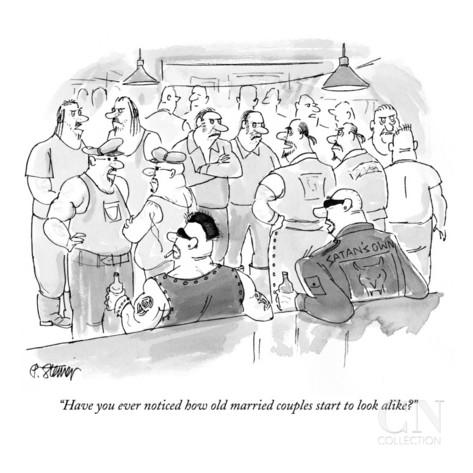
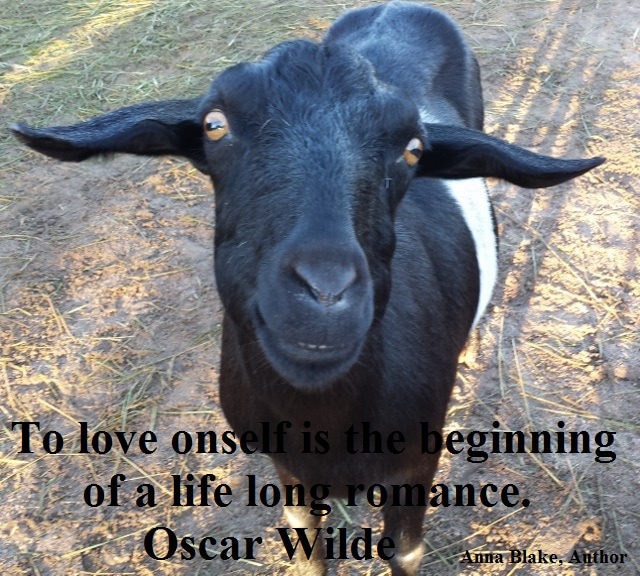
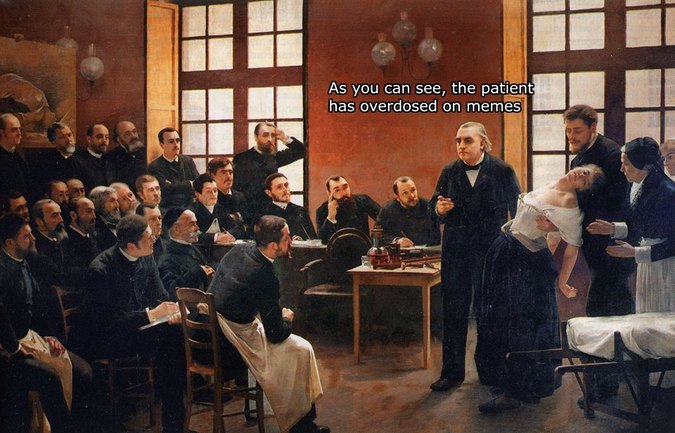
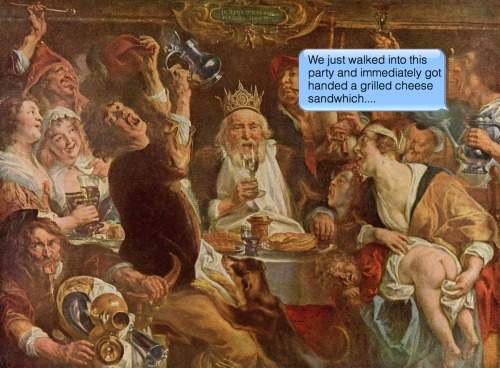
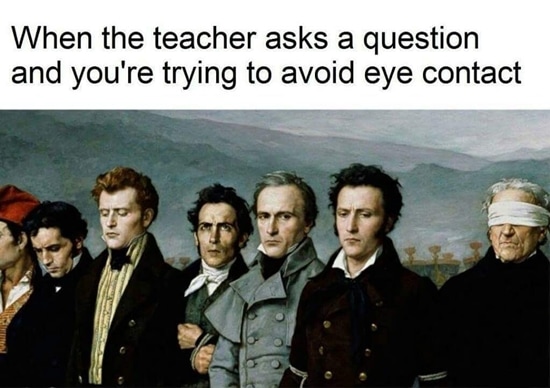
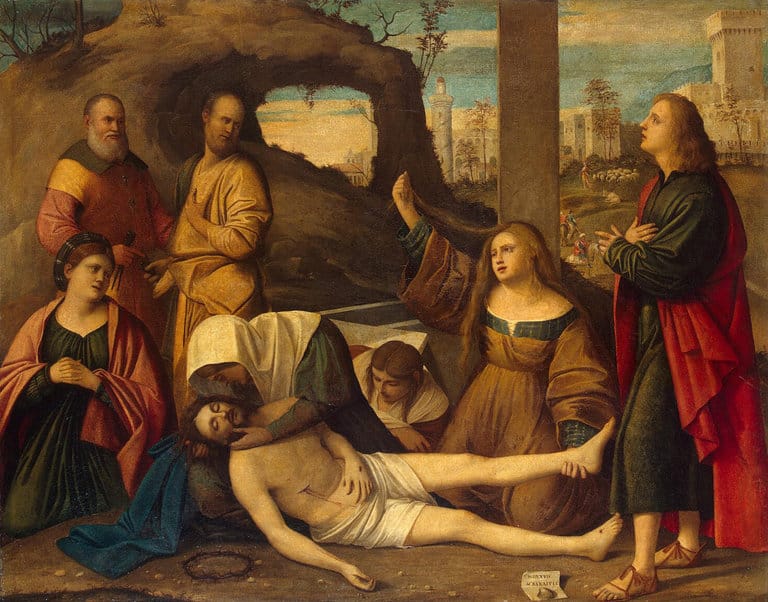
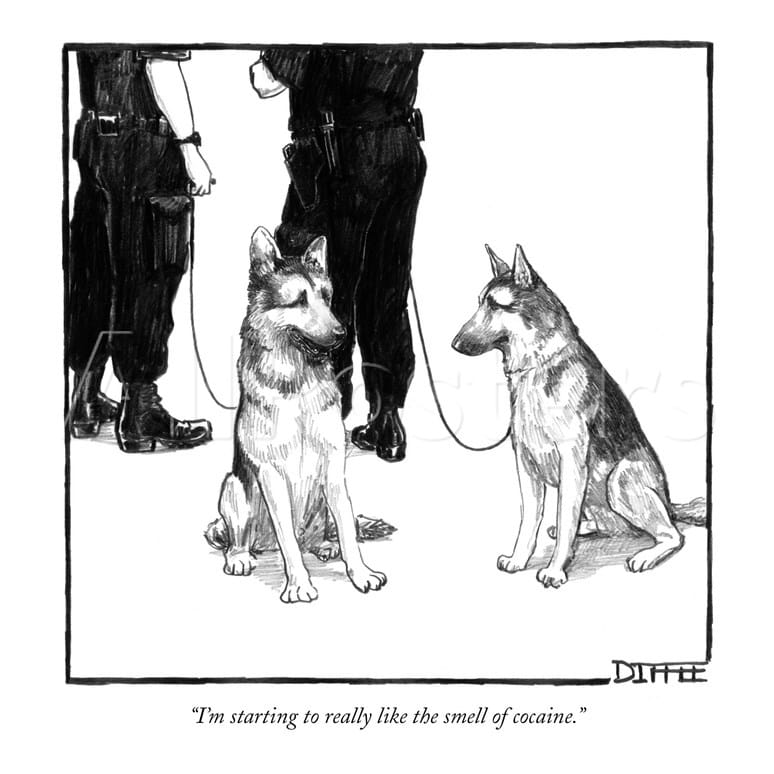
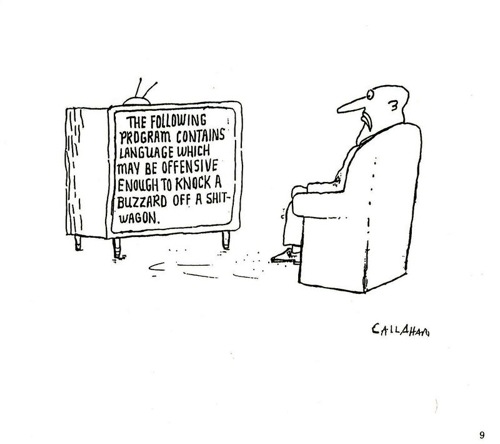
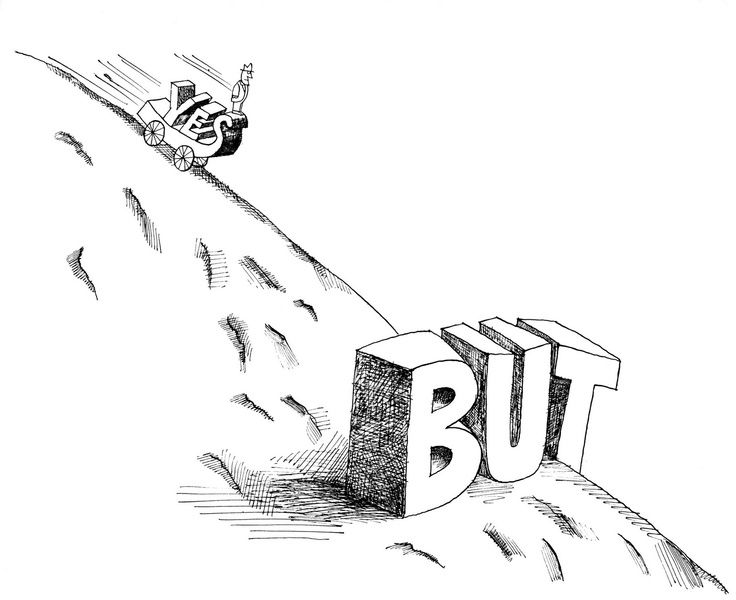

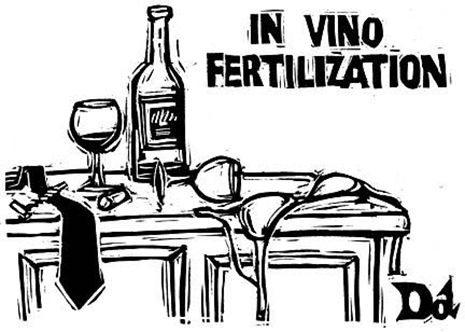

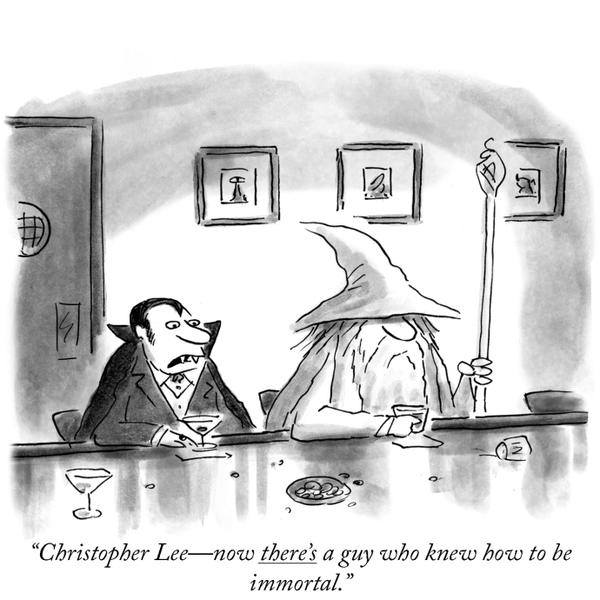
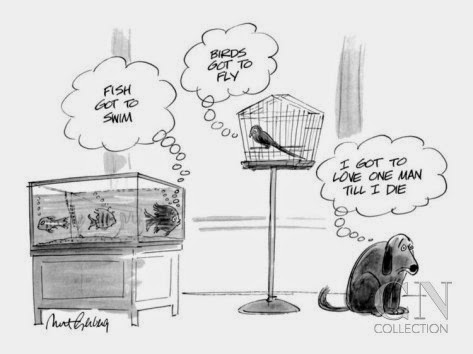
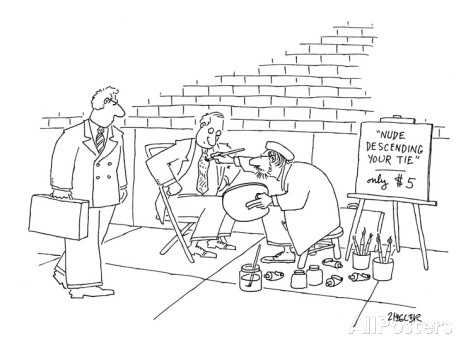

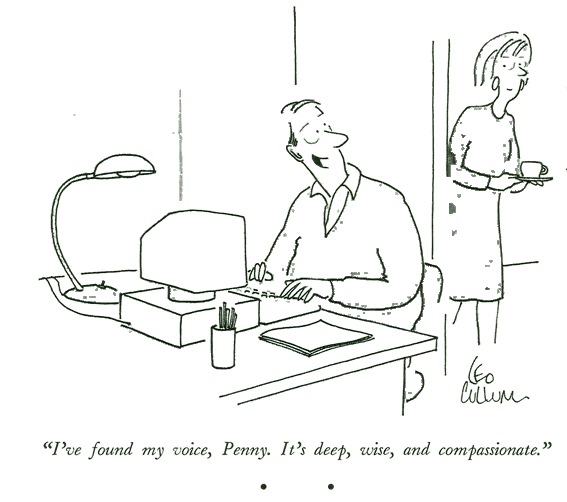
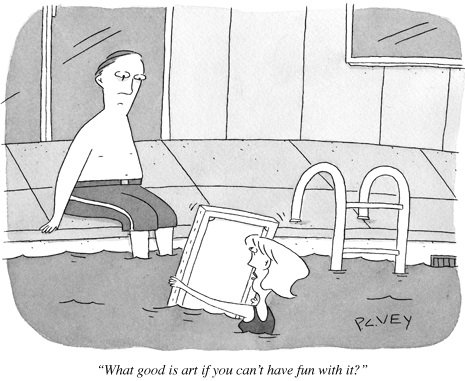
 RSS Feed
RSS Feed